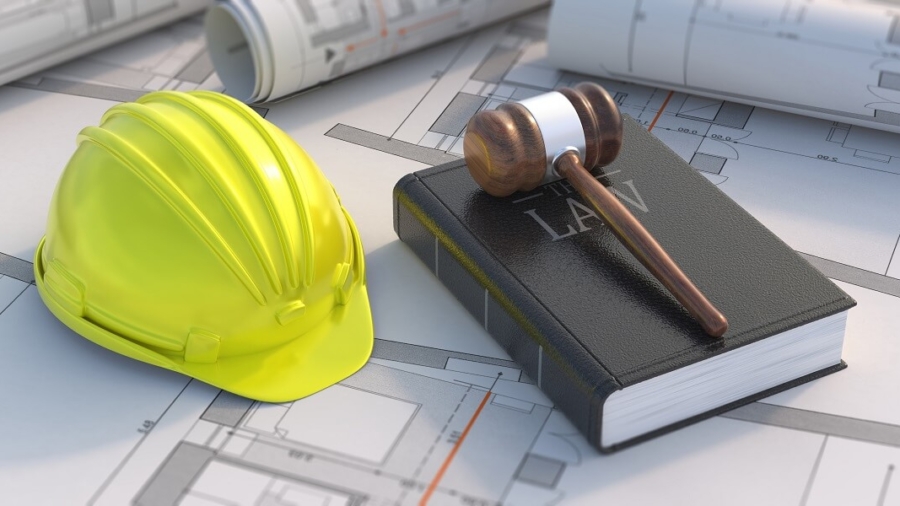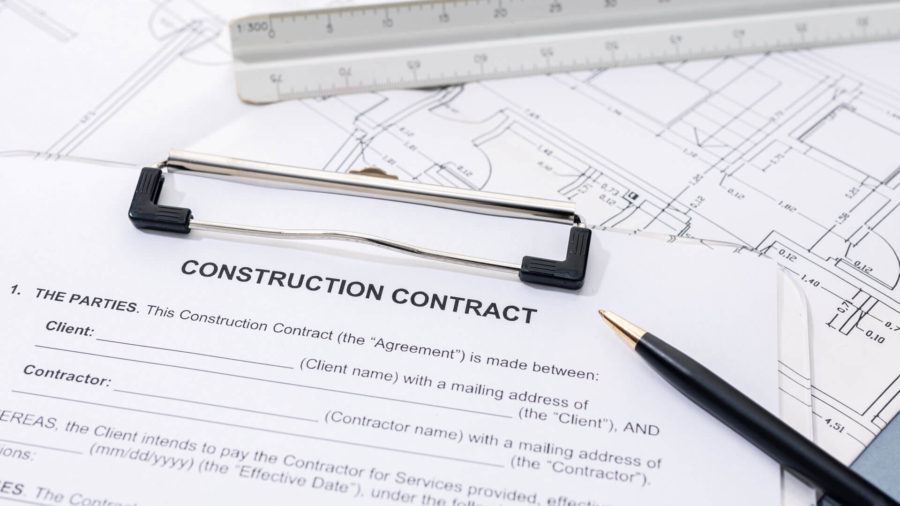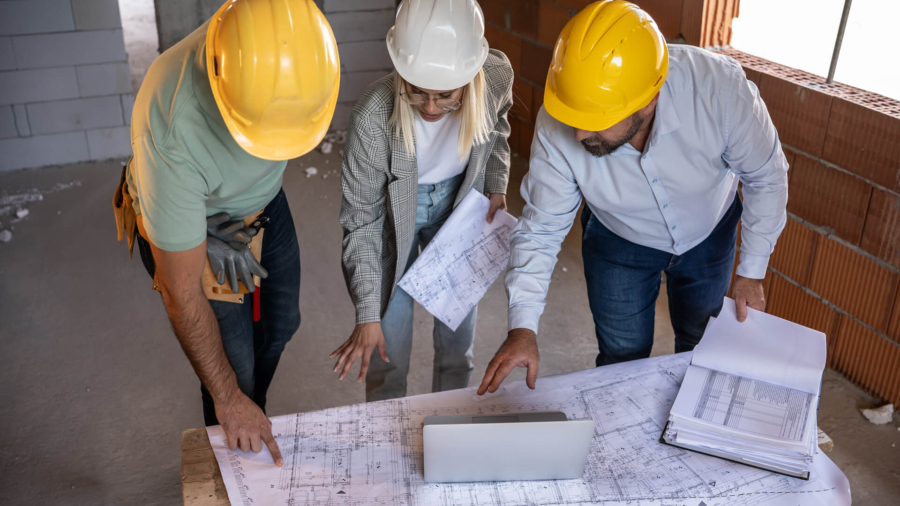Any construction project comes with certain risks. Although not all projects may carry the exact same risks, all construction project risks have the same destructive potential. When a potential risk becomes actualized, the construction project can stall until the matter is resolved. Depending on the situation, any matter may take weeks or months to fix, especially if litigation is involved.
Therefore, managing and avoiding risks becomes a major goal for all participants in a construction project. Employing a skilled construction attorney is a key component of an effective risk management strategy.
Understanding Construction Project Risks
Any construction project can have numerous risks. These risks are shared among all contractors, subcontractors, architects, and other participants in the project. Some common risks present in many construction projects include the risk of:
- Contract breaches and disputes
- Shortages in equipment and materials
- Labor disruptions
- Regulatory, permit, and legal compliance issues
When these and similar risks surface during your project, they can bring whatever is going on to a halt. For example, a supply chain disruption means that your crews will not have the materials needed to continue working. They are unable to make progress until the matter is resolved, costing considerable time and financial resources.
Effective Strategies for Risk Mitigation
Mitigating the risks present in your construction project means reducing the likelihood that a potential risk will develop into an actualized one that threatens your project’s progress. A basic three-step strategy for addressing these construction project risks would be as follows:
- Identify all possible risks to the project’s successful completion
- Prioritize the more likely risks, as not all risks are equally likely to be realized
- Develop strategies with your construction attorney to address the likely risks
Due to the complexity of construction projects, involving a skilled construction attorney as part of your risk-mitigation strategy is also a good approach. A lawyer with experience will be able to help you see the risks that are present outside your company or operation and strategize about effective ways of addressing these risks. When issues do arise, an attorney can help you take legal and extrajudicial actions to resolve them.
Enhancing Coordination With Your Construction Attorney: Key Tip
Working closely with your construction attorney throughout your project is crucial to identifying potential risks to your project’s completion. However, maintaining a good working relationship where you can provide your attorney with important information and receive timely legal counsel takes planning and effort.
Speak with your construction attorney about finding regular times to consult with one another about the construction project. Regular communication allows you to update your attorney about progress and issues that have arisen. Your attorney can share any updates as to problems they were working on, and you both can develop a plan to tackle the questions and issues most important to you and the project.
Prioritize this time with your construction attorney, as it is key to resolving issues early and preventing other risks from becoming problems at all.
Make Alves Radcliffe Part of Your Risk Mitigation Strategy
When you need a skilled and experienced construction attorney for your project, turn to Alves Radcliffe. We use our extensive knowledge and resources to help keep your project moving forward with minimal delay and disruption. We do this by helping identify and mitigate risks that threaten the project’s completion.
Where issues develop, our team is capable and qualified to seek a speedy and positive resolution through the court system and other avenues.
Learn more about our services by contacting us today for a consultation.











